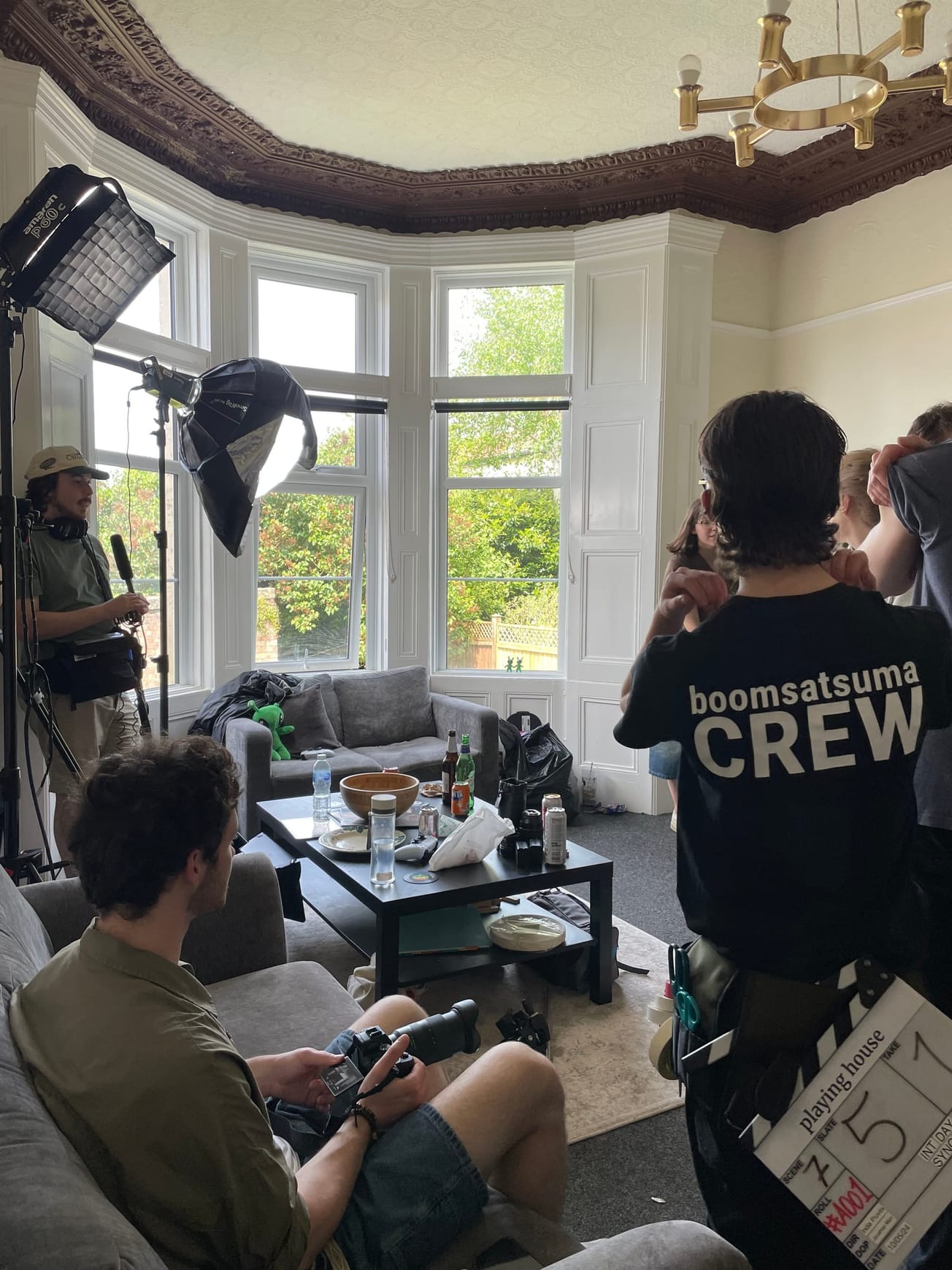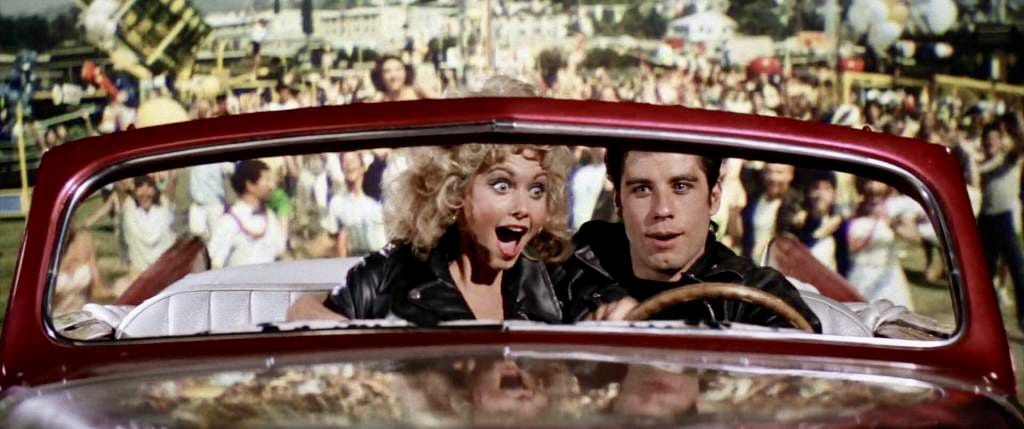By Sofia Webster, Co-Deputy Film and TV Editor
Wild Isles (2023) is a brand-new wildlife series by David Attenborough focused on capturing the array of breath-taking scenery that the British Isles and Ireland has to offer. Brought to life by Silverback Films, a production company co-founded by Alastair Fothergill, Wild Isles looks exclusively at the fantastic landscapes of the UK that are unique in both their geology and diverse range of species.
Epigram spoke to Alastair Fothergill in advance of his tour Wild Isles Live, which comes to the Bristol Beacon on May 11th, as well as other locations across the UK. Each viewing will be a cinematic screening of the series as well as further behind the scenes footage that explains the making of Wild Isles - the sixth most watched programme on the BBC when released.
Fothergill spoke of the experience of bringing Wild Isles to life as “amazing fun”
whilst also more time-consuming than the production of international projects since cameramen were able to travel back to re-capture footage where necessary due to being near the filming locations.
Across his career that spans decades, Fothergill has embarked on countless award-winning and well-received projects. Most notably producing Frozen Planet (2011-2012), Our Planet as well as Wild Isles, through his production company Silverback Films.
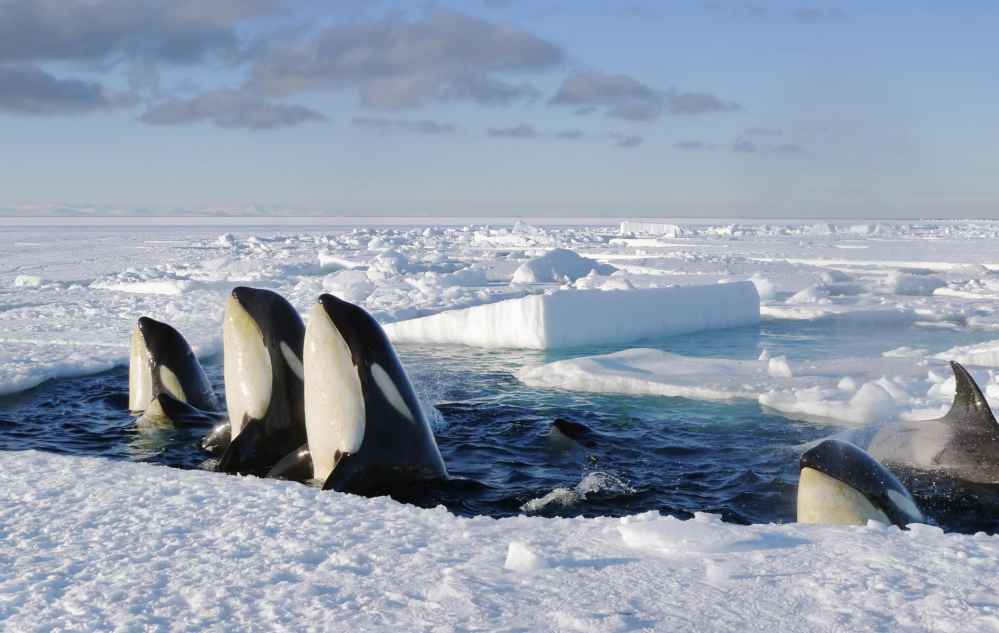
Across many projects, Fothergill has worked closely with David Attenborough for thirty years, and Attenborough was able to go back in the field at 96 years old for this series as it was filmed domestically.
Across Fothergill’s career capturing first hand footage in radically different locations around the planet, climate change has caused drastic changes to occur around the world. Fothergill stated the effects of climate change were most prominent in polar regions where the retreating sea ice has posed massive consequences for the lives of polar bears particularly.
As a result of the changes Fothergill has seen, the tour Wild Isles Live focuses on the importance of conservation and how we as individuals can contribute towards helping conserve the environment and preserve the natural beauty of the British Isles.
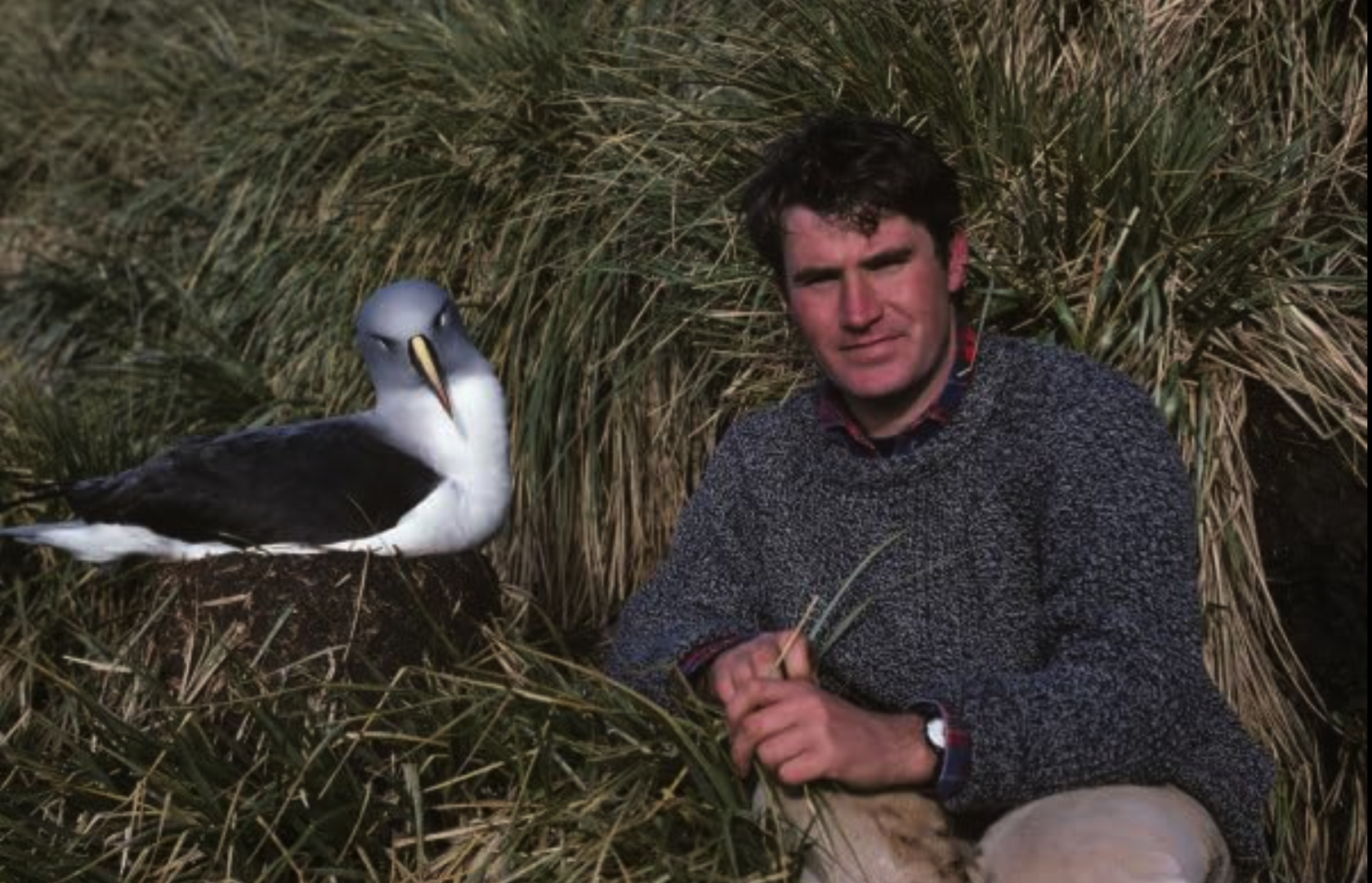
Wild Isles is Fothergill’s first project to exclusively focus on the British Isles. Speaking to Epigram, he noted this was largely due to needing to raise lots of money to capture different locations across the country, with each location taking an extensive time to capture the required footage. One of the lengthiest filming processes of capturing sea eagles took cameramen approximately 22 weeks to achieve.
Many locations used in the series were local to Bristol such as the River Severn, which was used since it has the third highest tidal fall and rise in the world, as well the Wye Valley and Avalon Marshes.
Furthermore, the unpredictable weather in different regions across the British
Isles made the length of time to capture footage extremely unpredictable. For example, cameraman Hamza Yassin, the recent Strictly winner who worked on this project, had to withstand extreme conditions from climbing through snow to windy seas.
As a result of the lengthy filming process, Wild Isles is a project that has been three years in the making, with initial production beginning at the start of the COVID-19 pandemic.

Speaking to Epigram more specifically about his journey to becoming an acclaimed wildlife filmmaker, Fothergill noted a BBC competition in memory of cameraman Mick Burke which he entered and won whilst a first-year student reading Zoology at Durham University. From this, he visited Botswana and made a film on the Okavango which sparked his love for wildlife filmmaking and led to Fothergill working at the BBC’s Natural History, based in Bristol for many years, becoming the head of this unit from 1992 to 1998.
Speaking of his time at BBC Natural History, Fothergill spoke very highly of Bristol as a “Green Hollywood” and that any aspiring wildlife filmmakers should seize all opportunities that arise from wildlife projects being produced across Bristol and specifically the BBC’s Natural History unit.
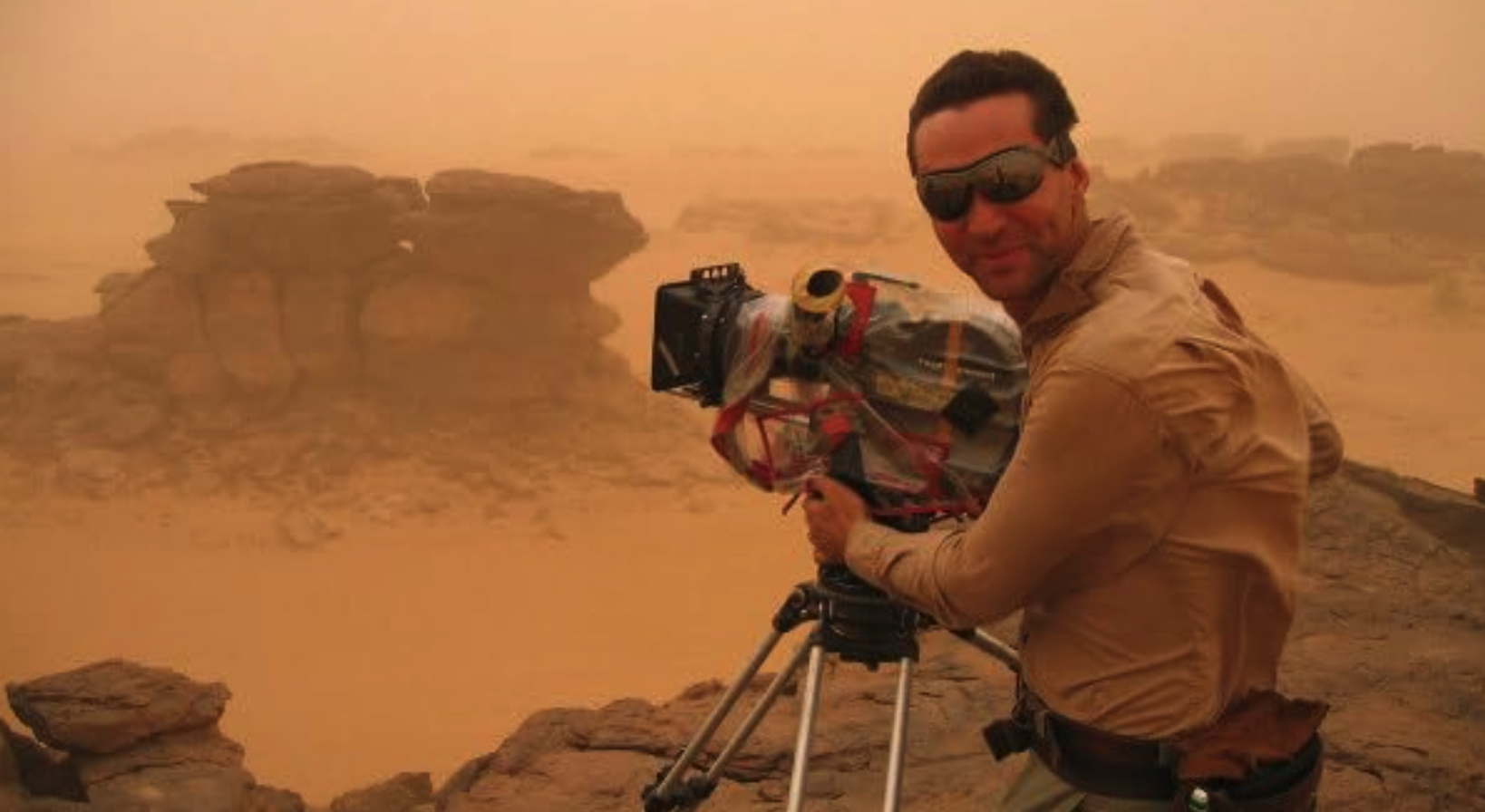
At the Bristol Beacon in May this year, Alastair Fothergill will host Wild Isles Live – a cinematic experience of the Wild Isles series alongside further unseen footage and discussions of the making of the series followed by a Q&A towards the end. The tour will have a particular focus on conservation and how we as individuals can save our 'Wild Isles' for ourselves as well as our children.
Tickets for Wild Isles Live, hosted by Alastair Fothergill on May 11th at Bristol Beacon, can be found here.


